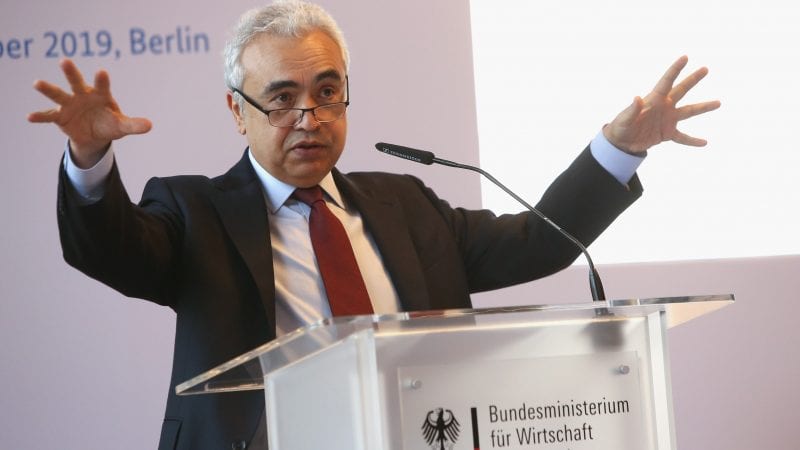The International Energy Agency (IEA) said Tuesday that under an energy scenario needed to put the world on a path to net-zero emissions by 2050, no new oil and gas developments should be sanctioned beyond those already approved for this year.
“The world has a viable pathway to building a global energy sector with net-zero emissions in 2050, but it is narrow and requires an unprecedented transformation of how energy is produced, transported and used globally, the IEA said in the landmark special report – Net Zero by 2050: a Roadmap for the Global Energy Sector.
The report is the world’s first comprehensive study of how to transition to a net zero energy system by 2050 while ensuring stable and affordable energy supplies, providing universal energy access, and enabling robust economic growth. It sets out a cost-effective and economically productive pathway, resulting in a clean, dynamic and resilient energy economy dominated by renewables like solar and wind instead of fossil fuels. The report also examines key uncertainties, such as the roles of bioenergy, carbon capture and behavioural changes in reaching net zero.
“Our Roadmap shows the priority actions that are needed today to ensure the opportunity of net-zero emissions by 2050 – narrow but still achievable – is not lost. The scale and speed of the efforts demanded by this critical and formidable goal – our best chance of tackling climate change and limiting global warming to 1.5 °C – make this perhaps the greatest challenge humankind has ever faced,” said Fatih Birol, the IEA Executive Director. “The IEA’s pathway to this brighter future brings a historic surge in clean energy investment that creates millions of new jobs and lifts global economic growth. Moving the world onto that pathway requires strong and credible policy actions from governments, underpinned by much greater international cooperation.”
However, the IEA said the pathway laid out in its Roadmap is global in scope, but each country will need to design its own strategy, taking into account its specific circumstances. For a country like Guyana, where the discovery of billions of barrels of oil equivalent since 2015 provides the best opportunity for elevating the standard of living for its people, developing these resources is vital to its future.
“There is no one‐size‐fits‐all approach to clean energy transitions,” Birol said. “Plans need to reflect countries’ differing stages of economic development: in our pathway, advanced economies reach net zero before developing economies do. As the world’s leading energy authority, the IEA stands ready to provide governments with support and advice as they design and implement their own roadmaps, and to encourage the international co‐operation across sectors that is so essential to reaching net zero by 2050.”
According to a report in the Financial Times, Dave Jones, analyst at the climate think-tank Ember, said the report’s call to halt new oil and gas exploration was extremely surprising given the agency’s history. “I don’t think anyone expected this from the IEA. It is a huge turnround on their part,” he said. “It has been very pro-fossil, so to come out with something like this is just amazing…This is truly a knife in the fossil fuel industry.”




